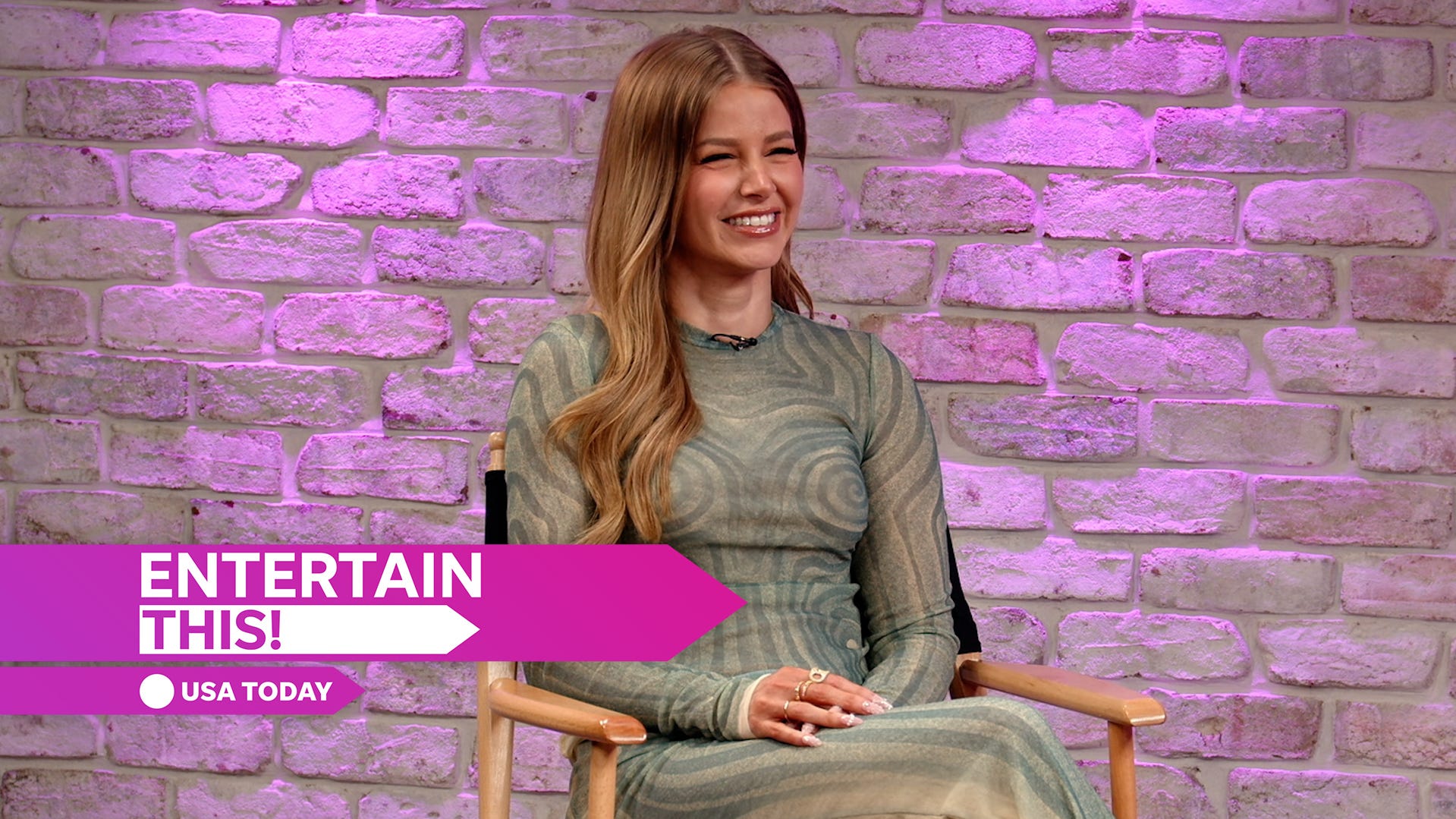When I watch a show called ‘Love Island’ (again, emphasis on the love), I expect to see love and romance in some form, not a group of 20-somethings put off by intimacy.

‘Love Island USA’ host Ariana Madix on if she watches ‘The Valley’
“Love Island USA” host Ariana Madix explains to USA TODAY’s Ralphie Aversa what it would take to get her back on Bravo reality TV show.
Before y’all start. I realize reality TV is far from real, especially when it comes to reality dating shows. I was there during the broken engagement on Hannah Brown’s season of “The Bachelorette.” I remember watching Season 10 of “Love Island” and witnessing all the final couples break up one by one.
But last season of “Love Island USA” gave me some hope due to the now iconic couples who formed during their time on the show and the season’s overall emphasis on love and romance. Unfortunately, this season, the pendulum has swung in the complete opposite direction.
For the uninitiated and mentally stable, “Love Island” is a dating reality show wherein a group of singles live together in a luxurious villa, couple up with other islanders and compete in various challenges while trying to avoid being eliminated by public votes. The winning couple wins $100,000.
This season of “Love Island USA” has been plagued by an aversion to commitment, connection and intimacy that permeates the current dating landscape. Throughout this season, contestants prove again and again that there is no love on “Love Island” – and that our culture’s intimacy crisis runs deeper and wider than we think.
Where’s the love on ‘Love Island’?
Take Huda and Jeremiah, for example. The couple formed the first solid relationship this season, immediately expressing mutual attraction and a vested interest in exploring their romantic connection. The speed and intensity of their relationship raised the eyebrows of many fellow islanders, particularly Ace, who accused them of love bombing and attempting to rig the game by locking in so quickly with each other.
Love bombing is defined by WebMD as “an emotional manipulation technique that involves giving someone excessive compliments, attention, or affection to eventually control them.”
The fear of being love-bombed, or potentially giving someone too much unreciprocated affection, informs a lot of Generation Z’s dating habits. Out of fear of rejection, we’ve adopted a noncommittal approach to love and relationships. This is reflected through the contestants’ actions on “Love Island.”
Huda’s overprotective and borderline abusive behavior toward Jeremiah caused cracks to form in their relationship, ultimately leading to its dissolution. But the damage had been done. A new precedent had been set: that if you find and cultivate a strong connection too quickly, you will be sight for scorn.
This line of thinking came back to haunt Jeremiah when he moved on to a new islander, Andreina. Ace and his posse (Nic and Taylor) were wary that Jeremiah was repeating his previous actions, thus causing them to vote him off the island. Interestingly enough, another islander, Hannah, was voted off during the same episode for a similar reason.
In her time on “Love Island,” Hannah was able to form strong connections with two other contestants: first Charlie, and when he was voted off, she moved on to Pepe. The other girls used these connections to justify voting her off with the excuse that other islanders deserved to find the same. (I still believe that excuse is a cop-out to avoid revealing they actually voted her off because they see her as a threat.)
That’s a sweet enough sounding, yet slightly hypocritical, sentiment – especially coming from a group women who have all been set on one guy, respectively, since Day 1 – but isn’t the point of “Love Island” (emphasis on love, here) to find, nurture and solidify romantic relationships so that they can flourish in the real world?
‘Love Island’? More like Situationship Island.
The reason why this season pales in comparison with previous ones is that contestants who are emotionally available and actually looking for love and commitment are ostracized and eliminated. (Male islanders constantly express their aversion to Amaya because she wears her heart on her sleeve.)
The detached, strategic and gamified behavior displayed by contestants has turned “Love Island” into Situationship Island.
Opinion alerts: Get columns from your favorite columnists + expert analysis on top issues, delivered straight to your device through the USA TODAY app. Don’t have the app? Download it for free from your app store.
Earlier this year, I wrote about the dangers of situationship culture and the havoc it reeks: “Situationships help to assuage our fears surrounding the risks that come with committing to someone. Because there are technically no labels, no one is owed loyalty. … To much of Gen Z, the blurred lines of situationships are easier to handle than the rigidity of traditional relationships.”
In other words, everyone wants love, but no one wants romance. Everyone circles around intimacy through quick hookups and thoughtless digital conversations, but no one dares go all in. As I’m writing this, we’re nearing the finale and only one couple has declared themselves closed off, or no longer open to exploring other connections (the legitimacy of their connection has even been called into question).
Yes, I know this is just a show. Yes, I know that reality TV dating shows rarely breed couples who stand the test of time. But when I watch a show called “Love Island” (again, emphasis on the love), I expect to see love and romance in some form, not a group of 20-somethings put off by intimacy.
Kofi Mframa is a columnist and digital producer for USA TODAY and the USA TODAY Network. He thinks everyone should just go home and the 100k prize money should be wired to his bank account for enduring this terrible season.